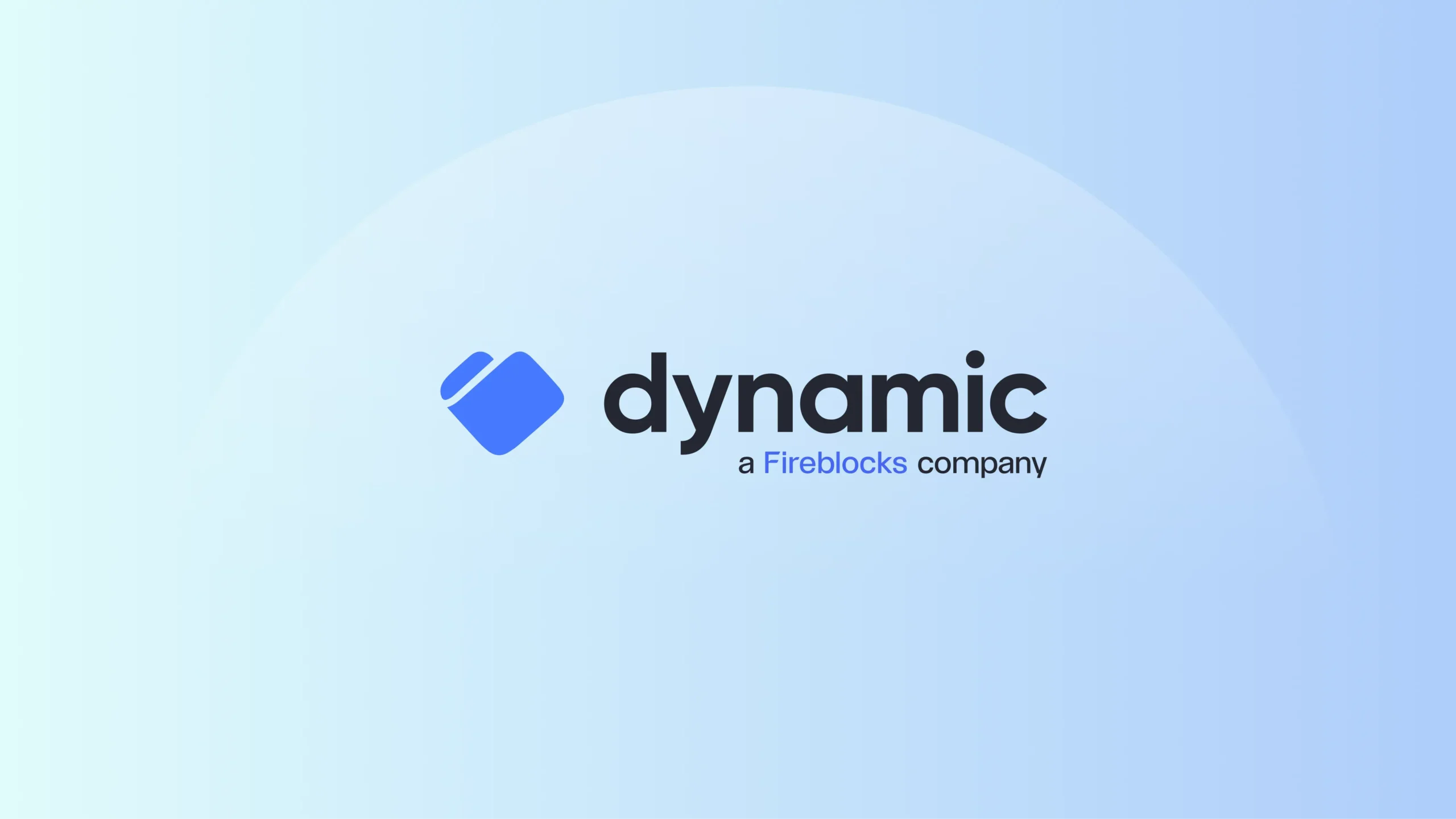Today, we’re announcing the release of MPC-CMP, a new, open, and free-to-use MPC protocol developed by the Fireblocks R&D team that pushes transaction signing speeds up to 8X faster than what is currently possible.
To effectively run a profitable digital asset business in today’s ever-changing market or execute high-volume withdrawal requests for a large retail customer base, financial institutions (such as exchanges, lending providers, and banks) require instant and secure access to funds. However, due to a complex regulatory environment, many of these institutions are forced to operate with secure but slow cold storage solutions.
Institutions that have adopted MPC are currently using protocols such as Gennaro and Goldfeder’s algorithm (MPC-GG18). While this protocol is today’s industry standard, the communication latency between the MPC-shares (the devices that hold the key shares) doesn’t reach the highest level of efficiency – as it requires users to wait for transactions to be signed up to 9 times.
The new algorithm, MPC-CMP, enables digital asset transactions to be signed up to 800% faster than ever before and supports transaction signing from offline/cold wallets. MPC-CMP allows institutions to configure a key management scheme that fits their organizational requirements (including hot or cold wallet setups) and delivers on SLAs.
The Advantages of MPC-CMP
MPC wallets have quickly become the new standard for storing digital assets as they are the most secure, efficient, and operationally flexible wallets. MPC-CMP builds on the benefits of MPC-GG18 while solving new operational challenges that have arisen over the last few years around regulations, security, and speed.
Sign Transactions up to 800% Faster
MPC-CMP delivers the fastest digital asset transaction signing speeds currently possible. Though MPC-CMP is based on Gennaro and Goldfeder’s MPC (GG18) protocol, a current industry standard, the new protocol greatly improves upon this protocol, as well as the other top MPC algorithms currently available, in terms of speed as it requires only 1 round to sign a transaction.
Sign MPC Transactions from Cold Storage
In certain regions with strict regulations around key storage, setting up and utilizing a standard MPC wallet may not be possible due to its online connectivity. MPC-CMP solves this challenge by allowing hot and cold key signing mechanisms – with at least one key share stored offline in an air-gapped device.
This expands the configuration possibilities of MPC wallets and allows for another layer of security against hackers, internal compromise, and human error. While traditional cold wallets require physical proximity and trust for certain employees to operate these wallets without making an error or acting maliciously, MPC-CPM operationalizes cold wallets – creating a solution for today’s high-paced crypto markets.
FAQs
1. What does “Free” mean and who is allowed to implement the new MPC algorithm?
We will not be applying for patents on MPC-CMP. That means all digital asset custodians and MPC vendors can access our new protocol and use it for free. As an industry best practice we have made the new security protocol available for peer review to ensure its efficiency and security.
2. What are MPC-CMP’s security advantages?
- MPC-CMP is universally composable (UC), guaranteeing strong security properties for any implementation out-of-the-box. Universally composable cryptographic protocols are important to practical implications of new cryptography, as they remain secure even when arbitrarily composed with other protocols.
- MPC-CMP supports key rotation.
- MPC-CMP allows fully air-gapped signing.
3. Why is MPC-CMP faster than Gennaro and Goldfeder, Lindell, and Doerner?
In MPC algorithms, the leading factor that slows down the signing is the communication latency between the MPC-share (the devices that hold the key shares). Every communication round introduces additional latency. Using non-interactive signing and pre-processing, MPC-CMP requires only 1 round to sign a transaction, improving on the “round complexity,” or time it takes to complete a round, of the previous algorithms including GG18 (9 rounds), Lindell et al. (8 rounds), and Doerner et al. (6 rounds).
4. Why is it called MPC-CMP?
Our new algorithm is named MPC-CMP after our Research Team, who developed the protocol: Prof. Ran Canetti of Boston University, Nikolaos Makriyannis, and Udi Peled.

